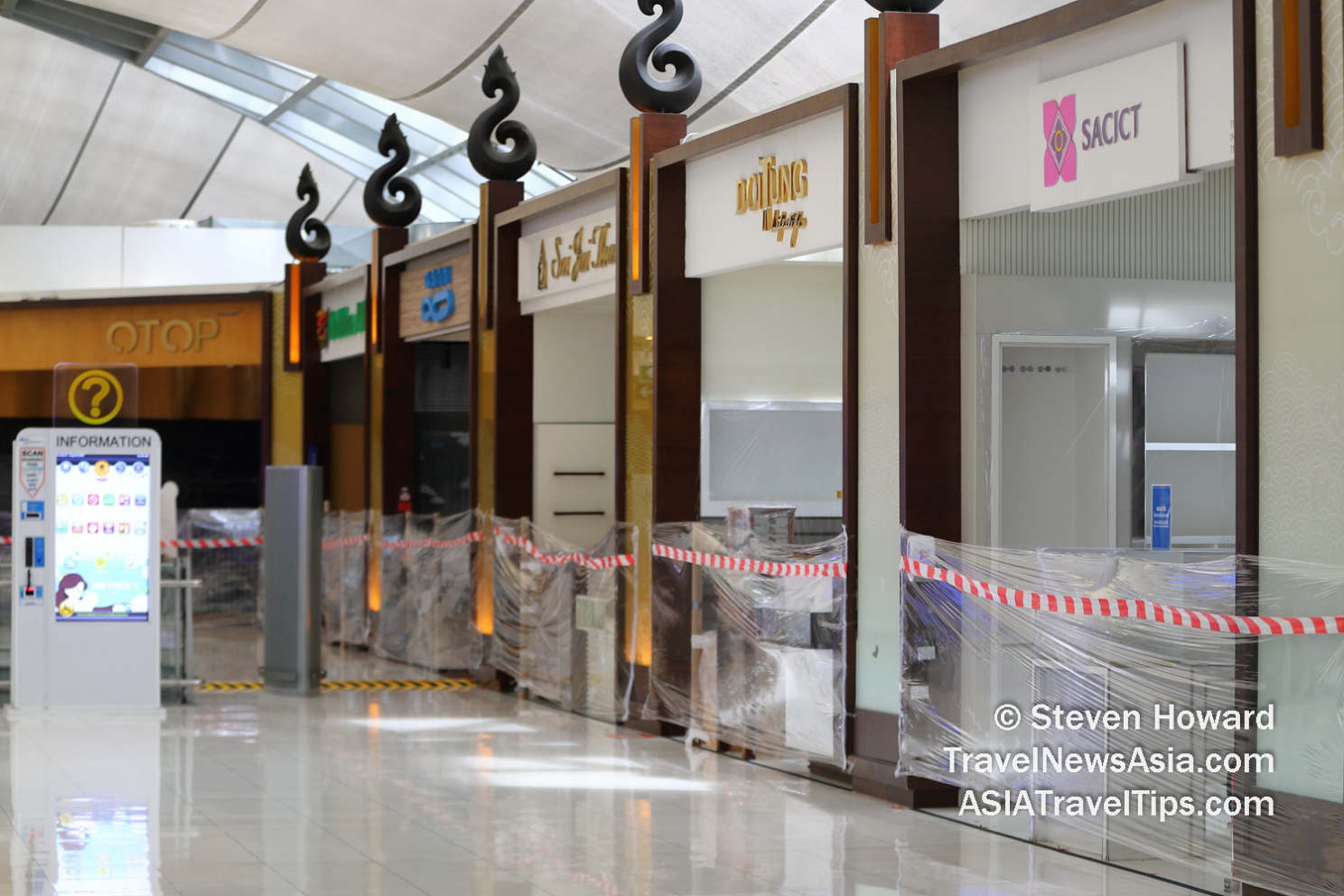|
(01 Dec 2021)
Since the new COVID19 variant of concern (VOC) named
Omicron (B.1.1.529) made global headlines late last week, an increasing
number of countries have introduced travel restrictions, including
temporarily prohibiting the arrival of international travellers.
While the World Health Organization (WHO) has
reported that preliminary evidence suggests an increased risk of
reinfection with the Omicron variant as compared to other VOCs,
current SARS-CoV-2 polymerase chain reaction (PCR) diagnostics
continue to be effective in detecting the variant.
With scientific research underway to
understand how the variant behaves, the WHO has advised that:
- Countries should continue to apply an
evidence-informed and risk-based approach when implementing travel
measures in accordance with International Health Regulations (IHR), including the latest
Temporary Recommendations issued by the WHO Director-General on 26
October 2021 following the 9th Emergency Committee for COVID-19
and as recommended in the documents WHO policy and technical
considerations for implementing a risk-based approach to
international travel in the context of COVID-19 issued in July
2021.

Closed shops at Suvarnabhumi Airport (BKK) in August 2020. Picture by Steven Howard of TravelNewsAsia.com
- National authorities in countries of departure,
transit and arrival may apply a multi-layered risk mitigation
approach to potentially delay and/or reduce the exportation or
importation of the new variant. Such measures may include
screening of passengers prior to travelling and/or upon arrival,
including via the use of SARS-CoV-2 testing or the application of
quarantine to international travellers.
The WHO has repeatedly said that blanket travel
bans will not prevent the international spread of the virus, and
they place a heavy burden on lives and livelihoods. In addition,
they can adversely impact global health efforts during a pandemic
by disincentivizing countries to report
and share epidemiological and sequencing data.
Since the beginning of the SARS-CoV-2 outbreak,
WHO has been monitoring the international travel measures
implemented by countries and sharing this information with
National IHR Focal Points via the Event Information Site (EIS).
As
of 28 November 2021, 56 countries were reportedly implementing
travel measures aimed at potentially delaying the importation of
the new variant.
The WHO has stated that essential international travel
- including travel
for emergency and humanitarian missions, travel of essential
personnel, repatriations and cargo transport of essential
supplies - should continue to be prioritized at all times during the
COVID19 pandemic.
The WHO has also made it clear that those persons who have not been fully vaccinated or do
not have proof of previous SARS-CoV-2 infection and are at
increased risk of developing severe disease and dying, including
people 60 years of age or older or those with comorbidities that
present increased risk of severe COVID19 (e.g. heart disease,
cancer and diabetes) should be advised to postpone travel to areas
with community transmission.
The
WHO's message throughout the pandemic has been
consistent and
clear. Travellers should remain vigilant for signs and symptoms of COVID19, get
vaccinated when it is their turn and adhere to public health
and social measures at all times and regardless of vaccination
status, including by using masks appropriately, respecting
physical distancing, following good respiratory etiquette and
avoiding crowded and poorly ventilated spaces.
|
Headlines: |
|
|
